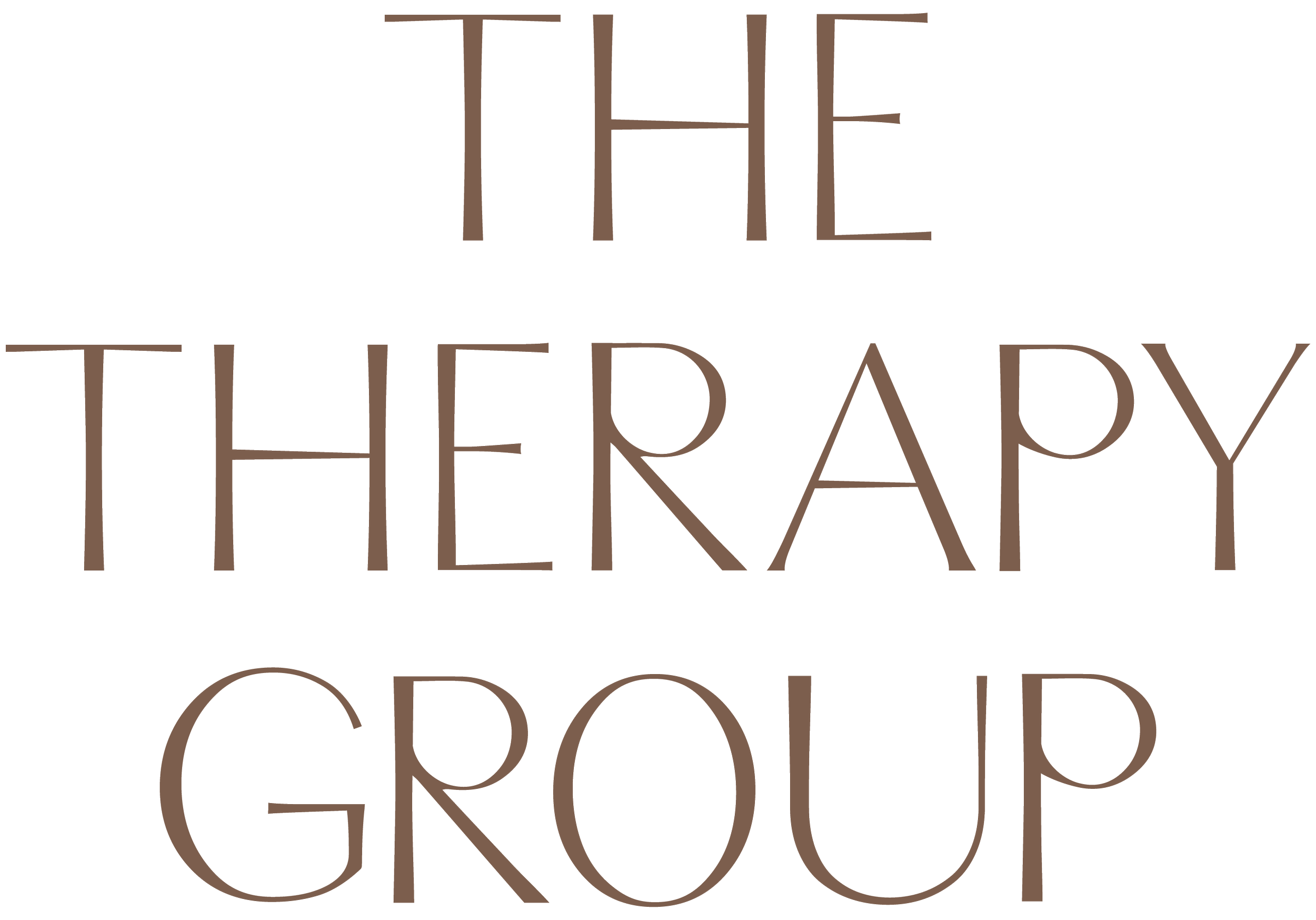Unlocking Healing: How EMDR Can Help You Break Free from Trauma
By: Kate Peabody, LMFT
Many people find themselves feeling trapped by their past, burdened by memories that seem impossible to escape. Trauma can significantly impact our daily lives and self-esteem, making it challenging to function or find joy. One approach that has gained attention for its effectiveness is Eye Movement Desensitization and Reprocessing (EMDR) therapy. This method offers a pathway to healing and understanding for those who have experienced trauma.
What is EMDR?
EMDR is a psychotherapy technique developed by Francine Shapiro in the late 1980s. The process involves a therapist guiding a client through distressing memories while the client engages in bilateral stimulation (activation of one hemisphere of the brain at a time), usually through guided eye movements. This approach helps the brain reprocess traumatic experiences, making them feel less overwhelming.
At its core, EMDR allows individuals to confront and work through memories that may be "stuck," ultimately promoting a sense of resolution and peace.
Understanding the Fight or Flight Response
To grasp the impact of trauma, it’s essential to understand the fight or flight response. This natural reaction is triggered when we perceive a threat, preparing our bodies to either confront danger (fight) or escape it (flight). While this response is crucial for survival, it can become problematic when triggered by past trauma.
For many, the brain remains in a heightened state of alertness long after the actual threat has passed. This can manifest as anxiety, hyper-vigilance, and emotional distress, making it feel as though one is continually in danger—even in safe situations. This sense of being "stuck" can make healing feel elusive.
The “stuck” beliefs that people may hold about themselves, which block people from processing through their painful memories may include:
“I’m helpless”
“I have to be in control”
“I’m a failure”
“I’m powerless”
“I’m worthless”
“I’m responsible for everything”
“I don’t matter”
“I’m going to die”
How EMDR Helps
EMDR offers several potential benefits for those dealing with trauma:
Accelerated Healing: Many people find that EMDR can facilitate quicker processing of traumatic memories compared to traditional talk therapies. Some clients report significant relief after just a few sessions.
Symptom Reduction: EMDR has shown effectiveness in reducing symptoms of PTSD, anxiety, and depression. Clients often notice fewer flashbacks, intrusive thoughts, and emotional disturbances.
Regulating the Nervous System: By addressing the fight or flight response, EMDR helps the brain rewire how it processes trauma. Clients can learn to recognize that they are no longer in immediate danger, which can reduce feelings of hyper-arousal.
Empowerment: EMDR allows individuals to reclaim a sense of control over their narratives. By confronting painful memories in a safe setting, clients can build resilience and regain agency over their lives.
Transforming Negative Beliefs: EMDR encourages the replacement of harmful or maladaptive beliefs with healthier, adaptive ones. As clients process their trauma, they often move from self-blame and shame toward self-acceptance and understanding.
Holistic Approach: EMDR addresses the emotional, cognitive, and physical aspects of trauma. Clients may experience relief not just mentally but also in their physical sensations, such as tension and stress.
Who Can Benefit from EMDR?
EMDR is applicable for individuals across a wide spectrum of experiences, including:
Combat veterans coping with the aftermath of war
Survivors of childhood abuse
Individuals facing loss or relationship trauma
Victims of accidents or natural disasters
If you’re considering EMDR, it’s beneficial to consult with a trained EMDR therapist to see if this approach aligns with your needs.
Moving Forward
Feeling trapped by the past is a common struggle, but EMDR provides a pathway toward understanding and healing. It offers a way to process traumatic experiences and begin to move forward, fostering resilience and a sense of self-empowerment.
While healing from trauma is often a complex journey, EMDR can be a valuable tool in that process, helping individuals find a sense of peace and a renewed ability to engage with life.
If you are interested in scheduling a free, 10-15 minute, phone consultation to see if EMDR, or any of our other services, are the right fit for you, please fill out this contact form and one of our clinicians will be in touch!


